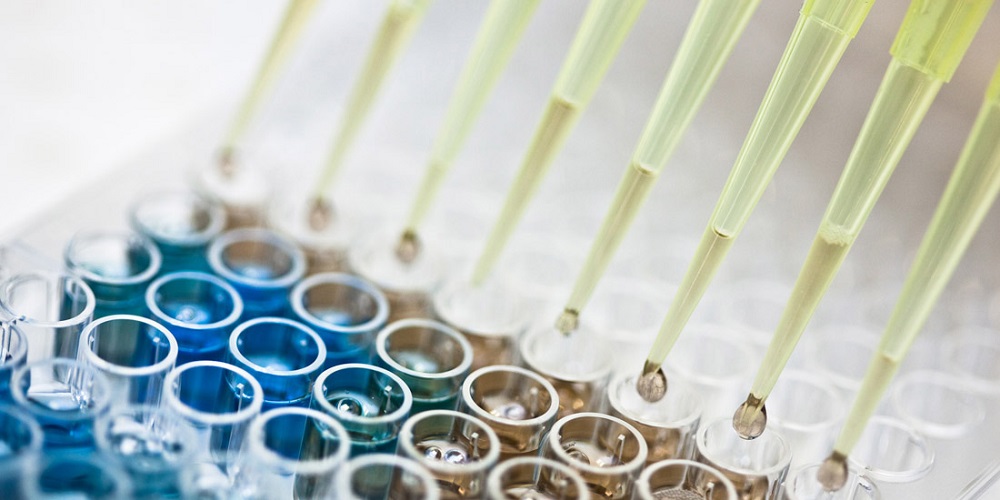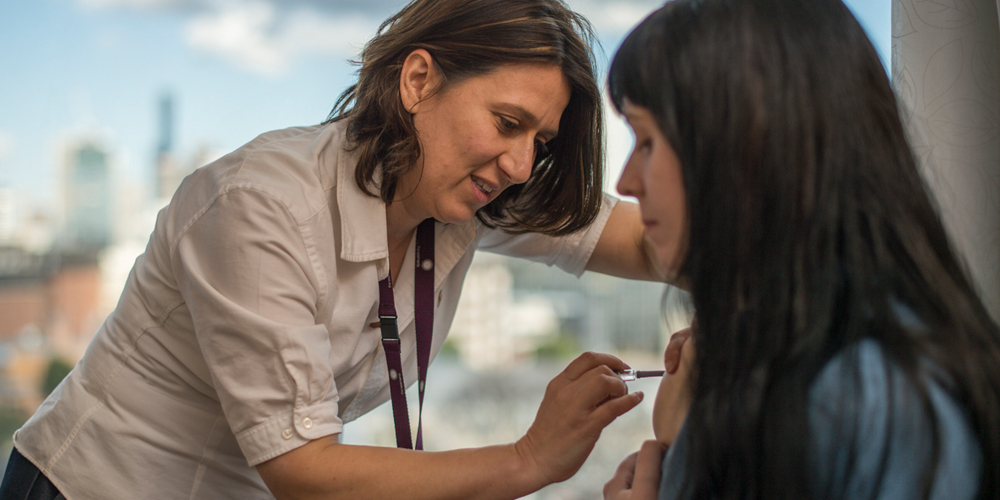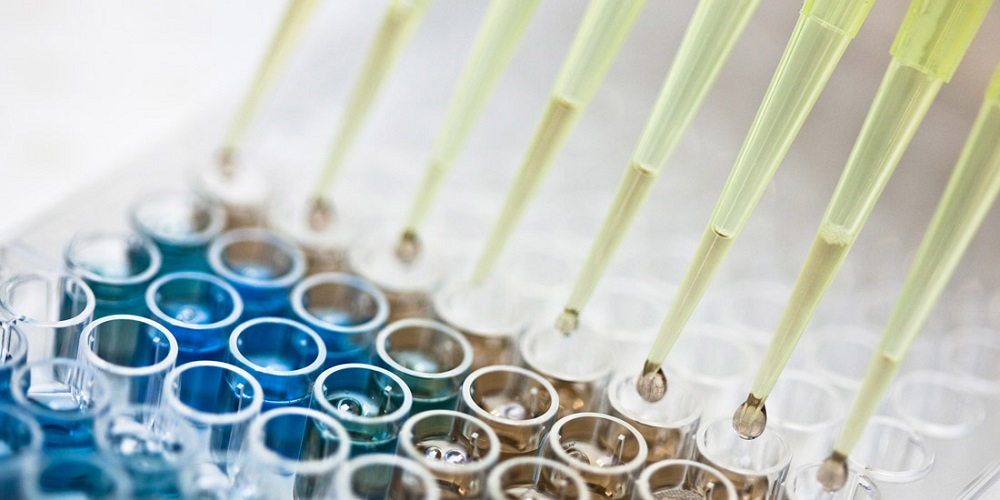
The Royal Women’s Hospital has taken part in landmark research that has measured the effectiveness of soon-to-be introduced DNA screening for the human papillomavirus (HPV), finding the method to be more effective in detecting pre-cancerous cells than the Pap-smear method.
The study analysed samples from almost 5,000 Victorian women aged 25-64 who had either been screened through the trial five-yearly HPV screening or the two-and-a-half yearly cytology screening.
Researchers found a tenfold increase in detection rate for high-grade precancerous cells in HPV-screened women compared to their counterparts (about 1.0 per cent compared to 0.1 per cent for cytology-screened women).
Mr David Wrede, a co-author of the study published today in the journal PLOS Medicine, said the results were ground-breaking.
“Despite there having been studies showing the effectiveness of HPV testing for screening cervical cancer performed elsewhere, the COMPASS trial is ground-breaking in that it demonstrates the effectiveness of the test when used in a mixed vaccinated and unvaccinated population,” Mr Wrede said.
“Women in Australia can be reassured that the Renewed Cervical Screening program beginning in December will be safe, effective and prevent even more cancers than the very successful Pap smear-based program managed.”
Australia was the first country to adopt a national, publicly funded HPV vaccination program. In December, the national cervical screening program will move from two-yearly Pap tests to five-yearly HPV screening from age 25.
Speaking to the ABC on the research ahead of the publication, Director of the Women’s Centre for Infectious Diseases, Professor Suzanne Garland said the trial was “great news”.
“"The results from this recent, randomised, controlled trial in Australia, conducted after vaccination has been implemented now for 10 years, gives us confidence that the decision being made to move to HPV DNA testing … is a safe and appropriate change," Professor Garland, who was also on the study’s scientific advisory committee, said.
Read related content from the Women's
-
 New vaccine shown to slash cervical cancer
New vaccine shown to slash cervical cancerA large, global trial of a new human papillomavirus (HPV) vaccine has found it could cut the rate of cervical cancer by a further 23 per cent compared to the existing Gardasil vaccine.
Learn more -
 Over 90 per cent of cervical cancers are preventable by vaccination
Over 90 per cent of cervical cancers are preventable by vaccinationUp to 93 per cent of cervical cancers in Australia could be prevented by a new HPV vaccination, and researchers hope one day vaccination will almost entirely eradicate the disease.
Learn more